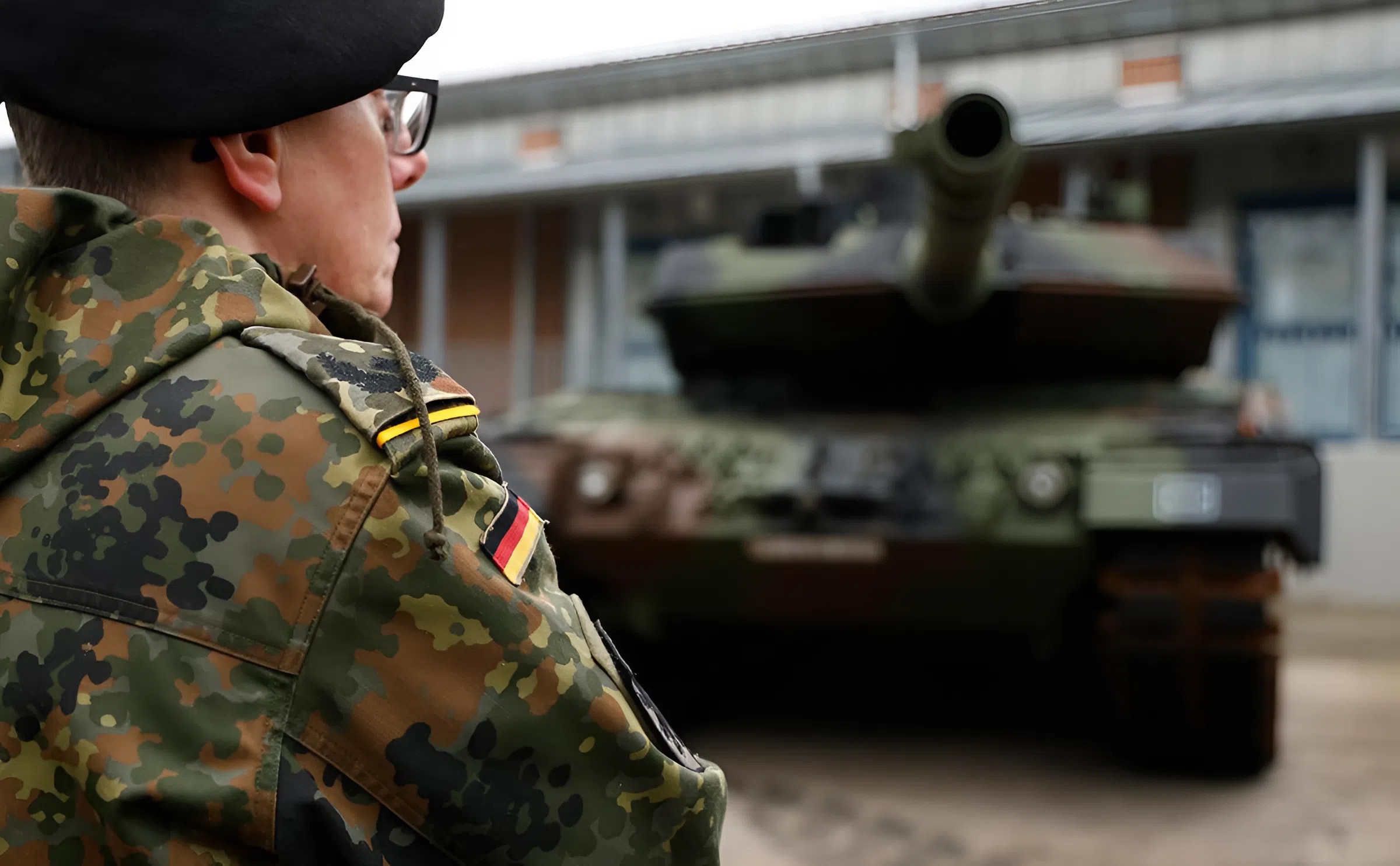The issue of reforming German armed forces – the Bundeswehr – in the context of Zeitenwende declared by Olaf Scholz in 2022 is being constantly discussed in Germany’s domestic political discourse. It has also become the central topic of this year’s Bundeswehr conference (Bundeswehrtagung), held on November 6-7. The event featured speeches by Chancellor Friedrich Merz, Defense Minister Boris Pistorius, and Inspector General of the Bundeswehr Carsten Breuer.
On the one hand, nothing fundamentally new was said. As before, Russia was presented as an existential threat to Germany’s security, and German leadership once again used this framing to justify both the reform of its national armed forces and, more broadly, the ongoing militarization of the country.
On the other hand, details matter. In this regard, it is notable that Germany’s top officials underlined – citing Russia’s alleged preparations for “another war in Europe” – their intention to make the Bundeswehr “the strongest conventional army in the EU.” This goal was formally mentioned for the first time in the current coalition agreement concluded in early May. The emphasis is placed not only on technical and material modernization – though that, too, remains a priority – but on increasing personnel numbers. While the Bundeswehr’s personnel currently count a total of 280 000 (around 182 000 of them active-duty military personnel), the plan is to raise this number to 460 000 by the mid-2030s – 260 000 active-duty military personnel and 200 000 reservists.
Based on these objectives, the German leadership reaffirmed during the conference its support for the Military Service Modernization Act (Wehrdienst-Modernisierungsgesetz), introduced by the Defense Ministry in August and now under discussion in the Bundestag. The draft law proposes sending questionnaires to all young men upon reaching legal adulthood to assess their fitness and interest in military service, as well as mandatory medical examinations. However, no return to compulsory conscription is envisaged for now – service is to remain voluntary. Nevertheless, German media report that debates continue within the coalition regarding the possible introduction of a lottery-based draft mechanism should volunteer numbers prove insufficient. This idea, advanced by several CDU/CSU politicians and experts, appears to enjoy the favor of Friedrich Merz, although he publicly calls for coalition unity and avoids taking a firm position. Boris Pistorius, meanwhile, continues to insist on maintaining an exclusively voluntary recruitment system. In any case, despite these and other disagreements, both the Chancellor and the Defense Minister confirmed on the sidelines of the conference their intention to bring the law into force on January 1, 2026, and internal differences were not publicly emphasized.
Also noteworthy was Pistorius’s proposal, announced during the conference, to allow soldiers to extend their service terms voluntarily even beyond current age limits. Plans were also presented to strengthen cooperation with reservists. Overall, it is clear that the federal government intends to employ every available mechanism to increase the size of the Bundeswehr.
The conference also addressed material and technical issues. Declaring that Germany was drawing on its experience from the war in Ukraine, the country’s political and military leaders stressed the need for balanced force development. According to Pistorius, “focusing solely on drones” would be unwise; Germany must also invest in innovative heavy land systems, aviation, and shipbuilding. The importance of developing military infrastructure was also underlined, given Germany’s crucial geographic position for NATO logistics. Nevertheless, personnel issue remains the top priority – a point openly acknowledged by the Defense Minister himself.
Overall, the conference proceeded smoothly, without open disputes or sharp debates among Germany’s political and military leadership – at least in the parts accessible to the media. The statements of the Chancellor, the Defense Minister, and the Inspector General complemented (and in many cases repeated) each other, addressing both external and domestic audiences. For external listeners, the German leadership clearly articulated its ambition to play a leading role in ensuring European security. As is customary, these ambitions were presented as a forced necessity – a response to the “Russian threat” and an effort to “meet partners’ expectations” – so as to dispel concerns about potential German hegemonic aspirations. For the domestic audience, the government sought to legitimize its planned reforms by framing them as both inevitable and relatively moderate measures, to be implemented gradually, in line with public opinion, and ultimately for the benefit of German society itself. In sum, the conference confirmed the line toward a large-scale Bundeswehr reform and the broader militarization of Germany – now accelerated under the government of Friedrich Merz.
However, the conference’s outcomes inevitably raise several questions to be answered by German government. First, how do the assertions of a supposedly inevitable war in Europe by the late 2020s align with plans to complete Bundeswehr modernization only in the latter half of the 2030s? Second, do the proposed plans not openly violate the “Two Plus Four” Treaty, which established a limit of 370 000 personnel for German s armed forces and enshrined the principle that “only peace will emanate from German soil”? Finally, does the Military Service Modernization Act not risk contradicting German domestic law, which since 2011 has formally suspended compulsory conscription?
While these questions underscore the internal contradictions and certain hypocrisy of Berlin’s current policy, it would be a mistake to underestimate Germany’s determination to implement its increasingly ambitious plans. The trend in practice is evident: whereas in 2022 the government created a €100 billion “special fund” for Bundeswehr development, by 2025 we are witnessing, in addition to a €500 billion infrastructure fund, the full suspension of the “debt brake” for defense expenditures and the introduction of a new, though still voluntary, personnel recruitment system. The only real obstacle to more radical steps – such as the reintroduction of universal conscription – remains the coalition’s lack of a qualified majority in the Bundestag, which would be required to amend the Basic Law.
Russian government should consider that the narrative of a “Russian threat” and the push toward militarizing Germany are fully consistent with the values and interests of German political elite. These tendencies are therefore likely to remain a stable feature of Berlin’s foreign policy, at least in the short and medium term. For Germany, confrontation with Russia means not only as a struggle between “good” democracy and “evil” authoritarian revisionism, but also an opportunity to stimulate the national economy through defense contracts (in late October, Politico reported that Germany plans to invest €377 billion in 2026 in military procurement – mostly from German companies). Finally, against the backdrop of Donald Trump’s presidency in the United States, the Ukrainian conflict serves Berlin as a chance to strengthen Europe’s own role in international affairs.
A fundamental shift in the Germany’s policy is possible only if genuine opposition forces come to power. Current electoral dynamics in Germany, however, require a separate analysis.
Keywords: Germany; European Security; Ukraine
RUF
E16/SHAH – 25/11/13


